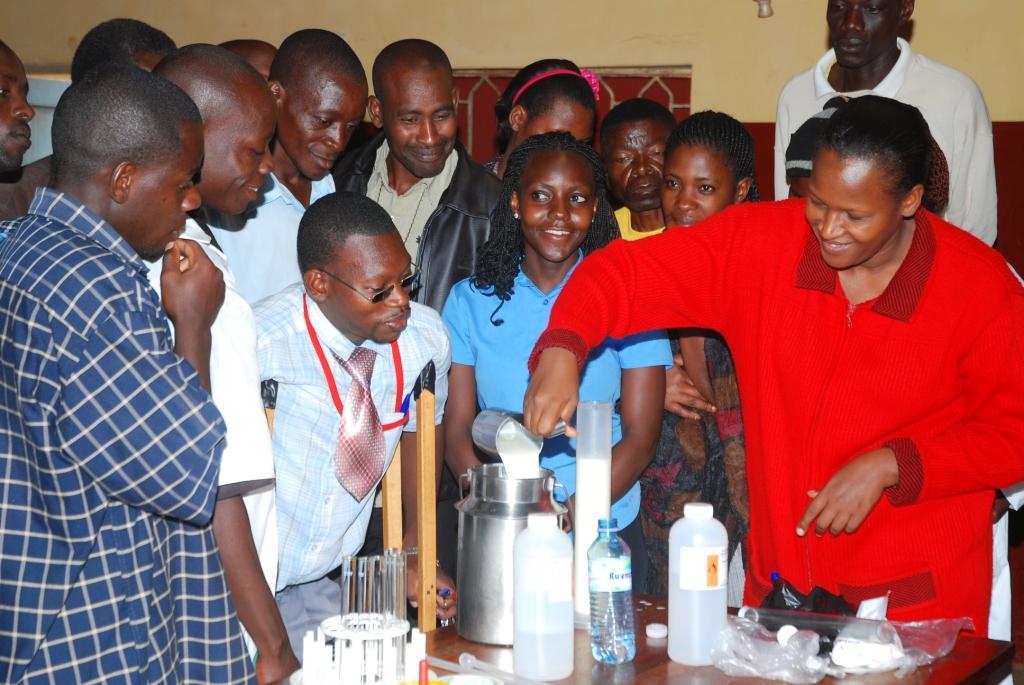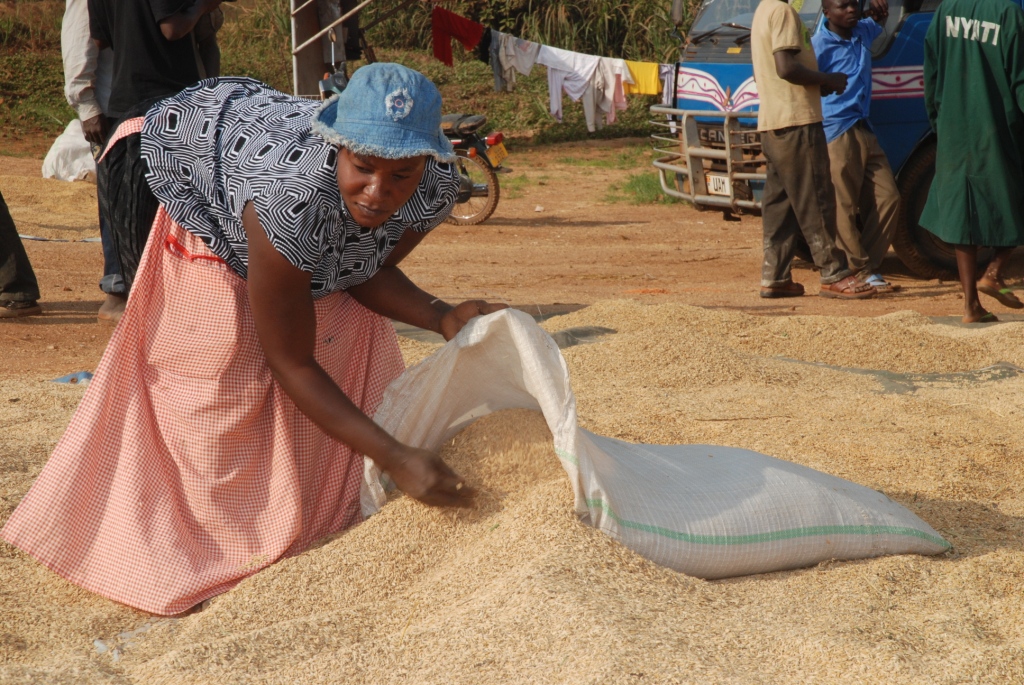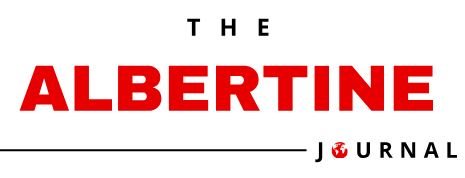Under the National Coffee (Amendment) Bill 2024, the government intends to mainstream Uganda Coffee Development Authority (UCDA) into the ministry of agriculture, where its functions shall be undertaken by a department.
The matter went to Parliament, where Members of Parliament (MPs) from coffee-growing regions especially Buganda raised reservations about the Bill.
The division vote showed 159 legislators supported sending the Bill to the Committee of the Whole House for clause-by-clause consideration, while 77 MPs, from the opposition, voted against it.
Speaker Anita Among, adjourned the House sine die. The matter has since elicited mixed reactions from the public.
Buganda Kingdom Katikiro (Prime Minister), Charles Peter Mayiga, said the Kingdom of Buganda has severally advised against scrapping UCDA after 32 years of operation, since it superintends coffee production, upon which an estimated two million Ugandan households depend on.

In a post on X, Mayiga expressed dissatisfaction at bringing UCDA under the ministry, something he claimed is viewed as a success against Buganda.
Subsequently, President Museveni, posted a letter on his X, on October 26, condemning the sustained lies about the policy of rationalisation of the parasitic Agencies, terming them as irrational.
Museveni added: “To be condemned, are those who I hear try to bring in nonsensical tribalism. When Katikiro (Prime Minister) of Buganda joined us in promoting coffee, we welcomed him.”

The same letter reminded Ugandans how his party, NRM, revived and expanded coffee production.
Museveni said “it is fraudulent for NAADS, UCDA, among others, to claim that the big boost in agricultural production is because of their efforts and that if they are not there, production will suffer”.
Below is the President’s letter in full:
Fellow Ugandans, especially the Bazzukulu, greetings,
It says, in the Church of Uganda Prayer Book, page 30 that ” Balenkanga bye basanide okukola, n’bakola byebatasanidde okukola, na amazima tegari mubo.”-“they left undone what they ought to have done and they did what they ought not to have done and there is no truth in them.”
The sustained lies about the policy of the rationalisation of the parasitic Agencies that are also irrational, follow that logic. Some of these Agencies were started under the government of the NRM when the economy was down and the Public Servants were all being paid low salaries.
Since some people respond to only the mercenary logic of only working hard for personal remuneration such as pay, we tactically agreed that some government efforts could be executed outside the Departmental Structures of the government with the workers there paid higher salaries than those in government departments.
That is how Uganda National Roads Authority (UNRA)-2008), National Agricultural Advisory Services (NAADS-2001), Uganda Coffee Development Authority (UCDA-1991), etc., came about.
Dairy Development Authority (DDA) had started in the year 2000. However, true to their mercenary nature, they did not fulfil the targets of the NRM government, especially the third NRM principle of Social-Economic transformation-involving all homesteads into the money economy.
Indeed, by 2013, a whole 68% of the Ugandan homesteads were still outside the money economy.
That is why i had to launch Operation Wealth Creation (OWC)-using the Army to distribute the coffee seedlings as well as the other planting and breeding materials to the farmers.
If UCDA and NAADS were successful, why were 68% of the homesteads still outside the money economy by 2013? OWC did much more work than NAADS and UCDA and Coffee Development Organisation (CDO) combined.
In the Masaka area, Col. Nsamba, has distributed 1,000, 074, coffee seedlings and caused the planting of 38,666.6 acres of coffee.
OWC also gave out other planting and breeding materials: teas, fruits, pigs, cassava, etc.

That is how, for the first time in the history of Uganda, the number of the households in the money economy, is now 67% and those outside the money economy are 33%.
Long live OWC. However, OWC also started having issues. Complaints started coming in of: begabira bbokka (they only give seedlings or materials to only themselves); bagaba bifu (they give poor quality materials); they are, moreover, overpriced; they also bring materials out of time; etc., etc.
These same accusations were, of course, more amplified during the time UCDA, NAADS, etc., were the sole actors in the field.
That is how and why we came to Parish Development Model (PDM)-let the people in the Parish organise themselves, we give them government soft money and they buy for themselves the planting and the breeding materials and let the Emyooga, at the Constituency level, deal with the other skills and activities-some of which are not agricultural.
PDM appears to be a big success where it is well implemented, although the PDM people sometimes use the money to do produce buying, etc. It is the first low interest, mass credit, the Ugandans have ever had.
It is, therefore, fraudulent for NAADS, UCDA, etc., to claim that the big boost in agricultural production is because of their efforts and that if they are not there, production will suffer.
In the Kisozi area, my staff Nalwanga and the earlier ones Kakwenzire and Balemuzi, are the ones who promoted not only coffee growing, but also bananas, fruits, dairy, etc.

Iam the one who promoted that massive dairy production in the cattle corridor-all the way from Bukanga (Isingiro) to Karuma in Kiryandongo district.
My dairy cattle evangelism would have reached the Karamoja border if leaders were humble enough to learn new things.
I have been bringing delegations from all over Uganda to learn from success in the cattle corridor to Rwakyitura, Kisozi, Nyakaana, Mrs. Kizza of Masaka, etc.
It is only Speaker Anita Among who promptly copied my example of cattle rearing when she visited me at Kisozi. She has now more than 1000 cattle.
It is, therefore, shameful to hear of a group known as DDA saying that without them, the dairy industry will suffer.
Before i intervened in 1966 and, later on in 1986, what was the production of milk in Uganda? 200 million litres per year. What is it now? 5.3 billion litres per year.
Who brought the milk processors? It was my efforts in spite of so much opposition by all sorts of people. One milk processor from Thailand withdrew when Margaret Muhanga made an irresponsible remark that government had sold the little Bugolobi milk plant for one United States Dollar.
Eventually, i managed to get the SAMEER milk processing company that introduced the processing of milk to powder, which would enable our milk to reach distant markets.
Otherwise, the only other contributors to the milk revolution in Uganda, are: Mzee Mbiire of Kashaari, who, by 1963, had goodf fresian cattle, Vice President John Babiiha who imported some fresian cattle from Canada in 1968, some few farmers in Busheenyi (Mukaira, Kekuruutso, Kikuuri, Ntobotobo, Bashaasha, etc); few farmers in Kashaari (Rwakanuuma, Kabunduguza); a few farmers in Ibanda (Rutehenda, Kafuniza, Katafiire), one farmer in Nyabushozi (Rubabinda); one farmers in Kamuli (Mzee Kaisa), etc.
Even with those scattered cases, it was thought that exotic cattle were so complicated that the indegenous traditional cattle keepers, could not manage them. It is us who dust-binned that nonsense and made dairy-farming a mass effort by almost everybody who was a cattle keeper.
With all these breeding and planting materials, the crucial actors are the following:
1) The government Scientists and Research Centres that develop the improved seeds and breeding stock-Kawanda, Namulonge, Kituuza, Serere, Karengyero, Rwebitaaba, etc. The high yielding clonal coffee seeds were developed by our late Minister-Dr. Ssebunya Kibirige; not the irrelevant and opportunistic UCDA and NAADS; this is why i insisted on paying government Scientists well.
2) The next crucial actors are the socio-economic reformers that detect a useful enterprise developed by the scientists and promote it in the population, with ekibaro (calculation), so that it causes positive changes; here, we remember the Uganda Company that introduced the dairy cattle in 1968, the NRM that has been promoting PFA ever since 1989;
3) A stable government that ensures peace and oversees regulation-quality control through Uganda National Bureau of Standards (UNBS), UCDA, DDA or directly through desks in the Ministries or any other formula the state authorises.

In colonial times, they were misleading our people by talking of a few cash-crops such as coffee, cotton, tea and tobacco and categorising all the other agricultural products as subsistence.
I salute Victoria Ssekitoleko, who assisted me to debunk this confusion. Now, cash and food products are the whole spectrum of agricultural production: bananas, maize, fruits, cassava, vegetables, tea, tobacco, milk, Irish Potatoes, beef, fish, piggery, cotton, etc.
Is it rational to have an Agency or Authority for each of these? This is why we had to have a rationalisation-stop irrationality and be rational.
To be condemned, are those who i hear try to bring in the nonsensical tribalism. When Katikiro Mayiga joined us in promoting coffee, we welcomed him.
However, as OWC demonstrated, we were already moving. Indeed, OWC, started by distributing planting and breeding materials in the Luwero Triangle to the families of the bush war Secret committees, the elected Restance Councils of Katamba and Kasozi, the guides, etc. That is why we had the following commanders:
1. Makulubita-Semuto-Col. Kalyowa
2. Kapeeka-Semuto, Nakaseke-Col. Kaddu and Brig. Byuuma
3. Masulita-Gombe, Kakiri, Namayumba-Busunju-Brig. Ssegamwenge
4. Lwamata-Bukomero-Kiboga-Col. Mutaalo, etc.
It is, therefore, sheer dishonesty, to bring up tribalism where the NRM is involved.
The massive industries the NRM has built, are mainly in Buganda-Namanve, Mukono, Kapeeka, Matuuga-Gombe area, Luwero industries in Nakasongola, Kisozi, etc. These have direct benefit to nearby populations if they are well guided to take advantage of them.
A litre of milk in Rwakyitura, when the prices are good, gives me sh1,050; in the Kampala-Wakiso area, a litre of milk, goes for sh2,000.
What causes the difference? The proximity to the huge commercial and Industrial centre of the Kampala-Wakiso Mukono area.
Who has rehabilitated, re-oriented and expanded the commercial-Industrial zone after the mistakes of the 1960s-70s and 1980s? It is the NRM leading the positive minded people of Uganda.
Therefore, the negative chauvinists, stop deceiving our people. With the coffee, it is the NRM that revived and expanded its production as it did for all the other products enumerated above.
If there are problems like the one with tea now, we shall sit with the stakeholders, discuss and get solutions, using rational solutions. Long live the rationalisation.
The $900m from the 9 million bags of coffee we are exporting, up from the 2 million bags of 1986 is, first of all, thanks, to the NRM that provided security for the scientists, as already pointed out above, to improve the seeds and the security in the country.
However, this $900m is mere peanuts because we are still exporting the unprocessed coffee beans. With value addition-roasting, grinding and packing-we shall earn, maybe, 15 times more from the same quantum of raw materials. Check with Tugume of Ntugumo.
I have told you before, that the global coffee value is $460b. Africa gets only $2.5b of this. Why do some actors appear to be satisfied with this? I am not satisfied with $900m.

Every time a coffee bean is sent to Hamburg in Germany, it takes out of our soils some potassium, phosphorous, calcium, magnesium, silicon and sodium.
We need a better return for this continuous mining and export of our nutrients. Why should Germany earn $65b from coffee and all the coffee growing countries only earn $25b?
We are checking whether the anti-rationalisation crusaders may not be on the payroll of some external forces, apart from the other confusions on their part.
Yoweri K. Museveni, President of Uganda



